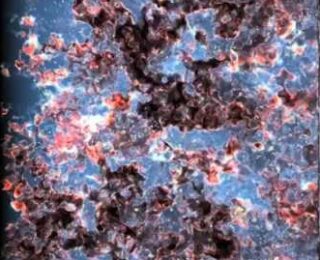
Turning on the Lights – Simulated Modeling of the Sources of Cosmic Reionization
Today’s paper investigates whether it really matters how stars and galaxies cause cosmic reionization.

Today’s paper investigates whether it really matters how stars and galaxies cause cosmic reionization.
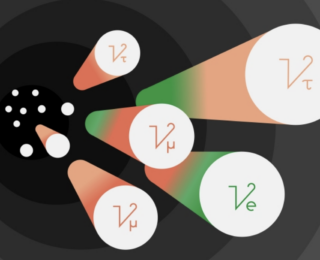
Massive neutrinos are a thorn in the side of both the Standard Model and ΛCDM – today’s paper reconsiders what we can learn about them from some cosmological data!
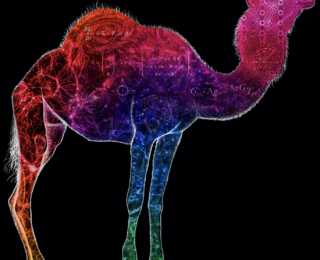
Today’s paper proposes a machine learning method to recover fundamental cosmological parameters directly from sky maps. Will gastrophysics get in the way?
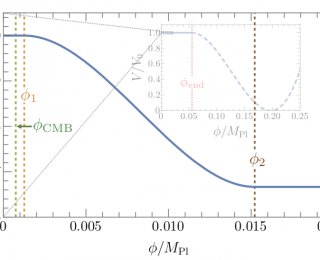
Today’s paper proposes a possible origin of LIGO/VIRGO black holes that takes us back to the earliest moments of the universe!
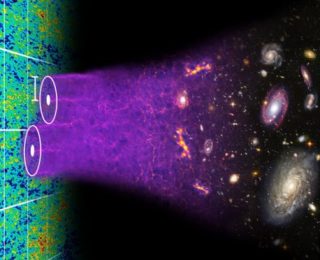
Today’s classic paper explains why the baryon acoustic oscillation feature faithfully ferries cosmological information to the late universe.